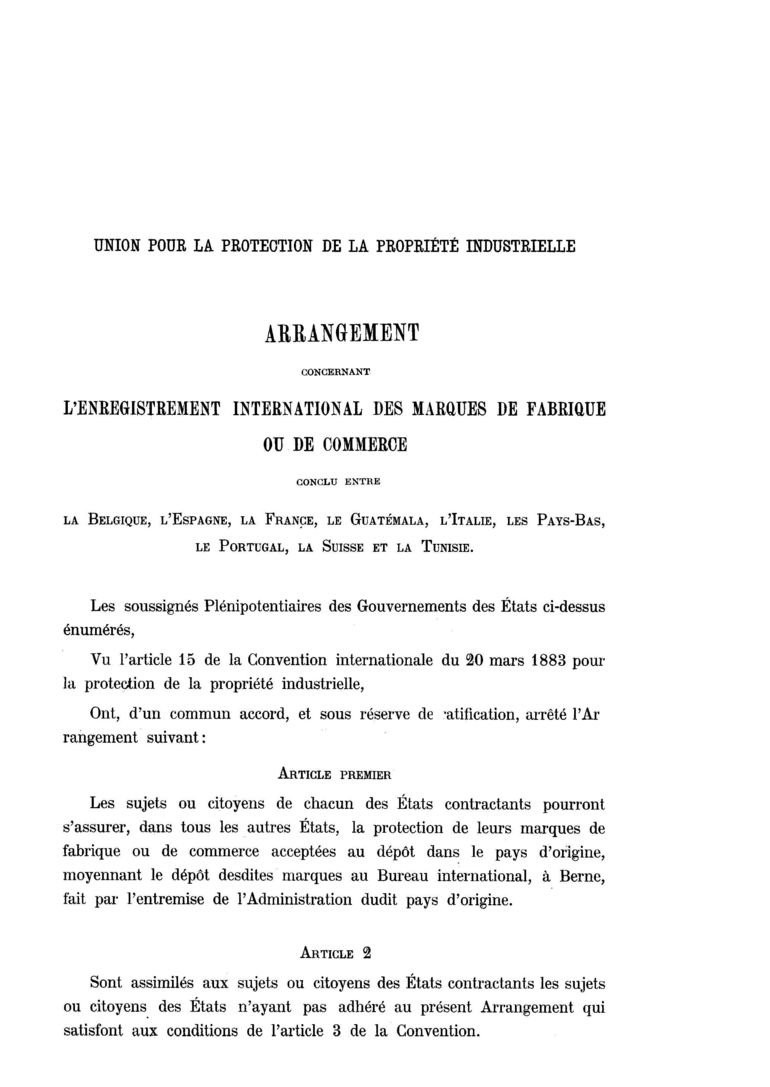For IP professionals
This is the portal for professionals working in the field of intellectual property. Here you'll find direct access to all necessary resources.
Quick links
News
20.02.2025 | Law and policy, Copyright
AI regulation in Switzerland: Federal Council chooses a sectoral approach
...more
Madrid makes its mark
Walking through the Swiss Federal Institute of Intellectual Property (IPI), you could be forgiven for thinking you’re on a short trip around Europe. The meeting rooms are named after cities, such as Paris, Munich and The Hague. But there’s more to the names of these gathering spots than just destinations for upcoming holidays. Madrid, for example, is considered the geographical and political centre of Spain. But from an IP perspective, it’s an important centre for trade mark protection.

In our last article on IP cities, we learned that many IP-related agreements are managed by the World Intellectual Property Organization (WIPO), which has its european seat in Geneva. It includes the Madrid Agreement Concerning the International Registration of Marks (or MA for short).
Established in Madrid in 1891, the MA was drafted and signed by Belgium, Spain, France, Guatemala, Italy, the Netherlands, Portugal, Switzerland and Tunisia. The document was last amended in 1979 and has been implemented in a total of 130 countries to date. These countries are part of a special union which enables trade mark owners to apply to register their trade marks internationally.
The Madrid System is a practical and inexpensive solution for registering and managing trade marks worldwide. Thanks to a centralised procedure, applicants don’t need to register a basic mark in each individual country in which they want to protect their trade mark. If a Swiss basic mark is to be registered internationally based on the MA or its associated Protocol (Protocol relating to the Madrid Agreement concerning the international registration of marks), the IPI will forward the application for registration in the international register.
The alpha city of Madrid is considered a hub of the IP law world, which is why it has a room named after it at the IPI. Our office building also pays homage to other international cities which have played a fundamental role in IP history. Read the latest edition of our ‘IP cities’ series in our blog every Wednesday.
Infobox
With approximately 3.3 million inhabitants, Madrid is the second largest city in the European Union after Berlin, and the largest city in southern Europe. Numerous intellectual property agreements have been signed in the Spanish capital. Among the most important of them are the ‘Madrid Agreement Concerning the International Registration of Marks’ (1891), the ‘Protocol Relating to the Madrid Agreement Concerning the International Registration of Marks’ (1889), and the ‘Madrid Agreement for the Repression of False or Deceptive Indications of Source on Goods’ (1891).




